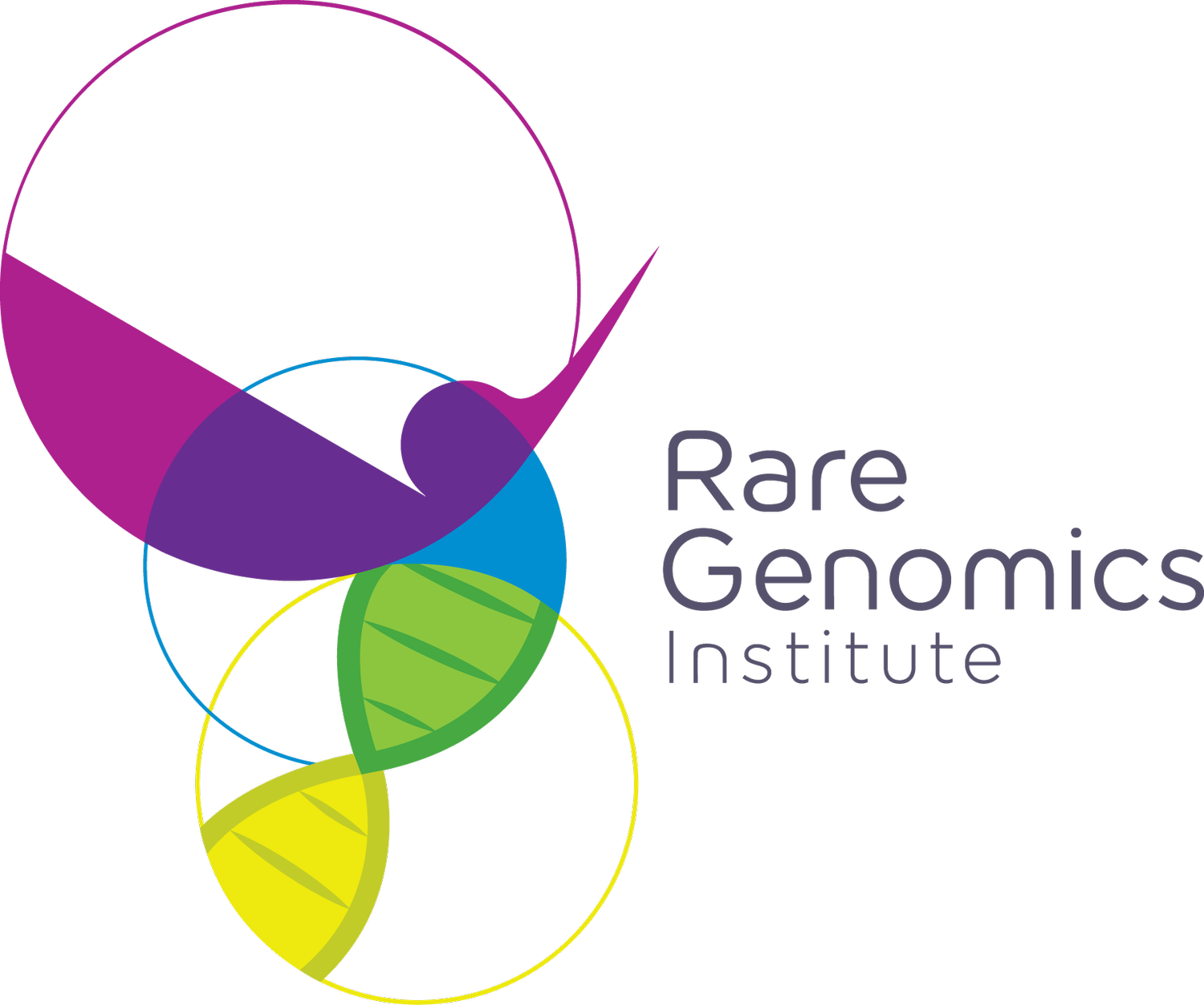Pallister-Hall Syndrome
What is Pallister-Hall Syndrome?
Pallister-Hall Syndrome (PHS) is a multiple-anomaly rare genetic disorder caused by mutations in the GLI3 gene. Symptoms associated with PHS vary greatly. However, in most individuals with PHS, abnormalities include the presence of extra fingers and/or toes. Other symptoms may include an abnormal division of the epiglottis (bifid epiglottis); a malformation of the hypothalamus (hypothalamic hamartoma); decreased pituitary function; a condition in which a thin covering blocks the anal opening or the passage that normally connects the anus and the lowest part of the large intestine (imperforate anus); and/or malformations of the head and facial area.
What is the prevalence of Pallister-Hall Syndrome?
The exact prevalence of PHS is unknown. However, to date, more than 100 cases have been described in medical literature. It is hypothesized there may be many PHS cases that remain unidentified, either due to misdiagnosis with another condition or because of a lack of awareness.
How is Pallister-Hall Syndrome diagnosed?
The diagnosis of PHS is made based on a thorough clinical evaluation, a detailed family history and a variety of specialized tests such as magnetic resonance imaging (MRI) used to detect the presence and dimensions of a hamartoma (a noncancerous tumor made of an abnormal mixture of normal tissues and cells from the area in which it grows). Additional tests that may aid in diagnosis include renal ultrasonography and fiberoptic laryngoscopy (an exam of the larynx and throat). Molecular genetic testing for mutations in the GLI3 gene can confirm a PHS diagnosis.
Is there any specific gene/pathway in Pallister-Hall Syndrome that has been identified?
PHS is caused by mutations (gene changes) in the GLI3 gene.
How is Pallister-Hall Syndrome treated?
Infants with PHS who have decreased or absent pituitary function (hypopituitarism) must be treated immediately with hormonal replacement therapy. Surgical removal of a hamartoma is generally not necessary since it is a malformation and not a tumor. Seizures coincident with PHS may be treated with an anticonvulsant medication such as carbamazepine.
Are there any clinical trials underway for Pallister-Hall Syndrome?
The National Institutes of Health (NIH) has already completed one clinical trial for PHS. Currently, there are no clinical trials underway for the condition. More information on future studies and patient recruitment can be found here: https://clinicaltrials.gov/ct2/results?cond=Pallister-Hall+Syndrome
How can RareShare be helpful to Pallister-Hall Syndrome patients and families?
The Pallister-Hall Syndrome Rareshare community has 8 members. There are currently 3 active discussions underway, helping to connect patients, health workers, caregivers and families interested in Pallister-Hall Syndrome and providing them continual access to community resources.
